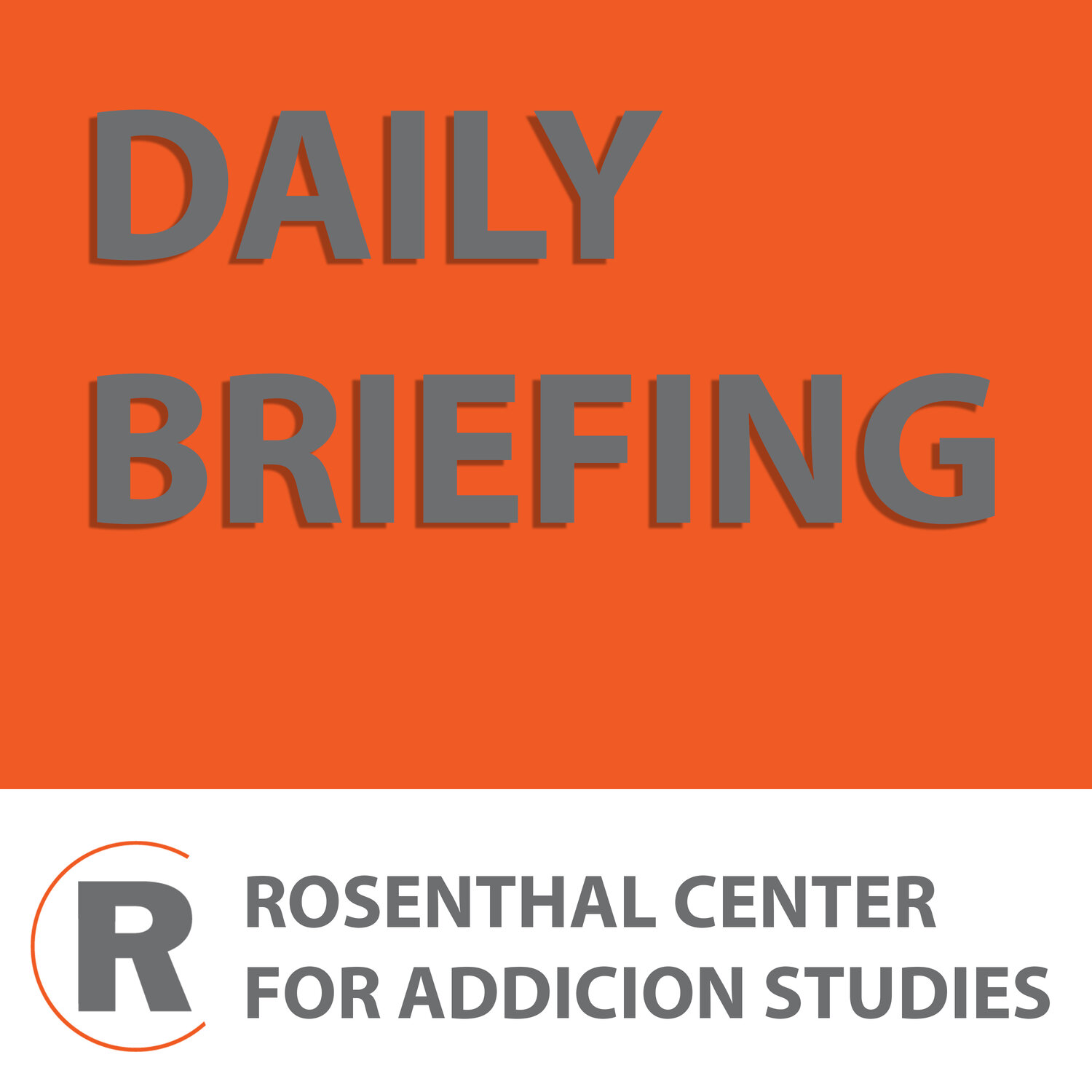The Daily Briefing 9.30.2021
Description
San Francisco is in the grips of an unprecedented drug epidemic as fentanyl floods the street-drug marketplace, intensifying the risk of addiction and leading to a staggering number of overdose deaths. While overdose deaths have surged across the country to a record 93,000 last year, fatalities linked to fentanyl have skyrocketed in San Francisco—increasing by nearly 500 percent between 2018 and 2020. Illicit fentanyl, which can be as much as 50 times more powerful than heroin, was detected in the blood of 519 of the 712 individuals who died. Last year the regional office of the DEA seized 74 kilograms of fentanyl—an amount that could kill up to 37 million people—compared with 15 kilograms in 2016. The synthetic opioid was developed in the 1960s to manage pain after surgery, but today is made illegally in China and India and is now stamped into counterfeit pills to increase the potency of drugs that look like legitimate prescription medications such as OxyContin and Xanax.
Meanwhile, the nation’s three largest drug distributors have reached a $75 million opioid settlement with the Cherokee Nation Native American Tribe in Oklahoma, to settle allegations that the companies helped fuel a public health crisis by allowing the distribution of highly addictive prescription painkillers. This settlement is separate from a proposed $26 billion deal to end thousands of lawsuits brought by states and local governments against Cardinal Health, McKesson Corpl, and AmerisourceBergen. The Cherokee Nation was the first to sue the distributors in 2017, accusing them of supplying millions of pills that caused addictions and fatal overdoses.
And finally, the Wall Street Journal reports that the legalization of marijuana around the U.S. is bringing weed into the workplace in new ways—and raising questions about boundaries and behaviors when it comes to the drug. For example, companies debate whether they should continue to test employees and job candidates for marijuana, how to talk about pot socially, and if it should be used in team-building exercises. And then there’s always the tricky issue of whether to get stoned with a client, the paper noted.
More Episodes
More and more people are turning to medical cannabis products to alleviate mental health problems such as anxiety, depression, and insomnia—although there is little science indicating that the drug is safe and effective to treat these problems. Advocates of medical marijuana legalization have...
Published 10/28/21
Published 10/28/21
The New York Times finally weighs in on the risks to kids from marijuana edibles, noting that many teens underestimate the dangers associated with the drug. With pot legalization making pot more widely available, young people have come to believe marijuana is less dangerous creating a perfect...
Published 10/22/21


